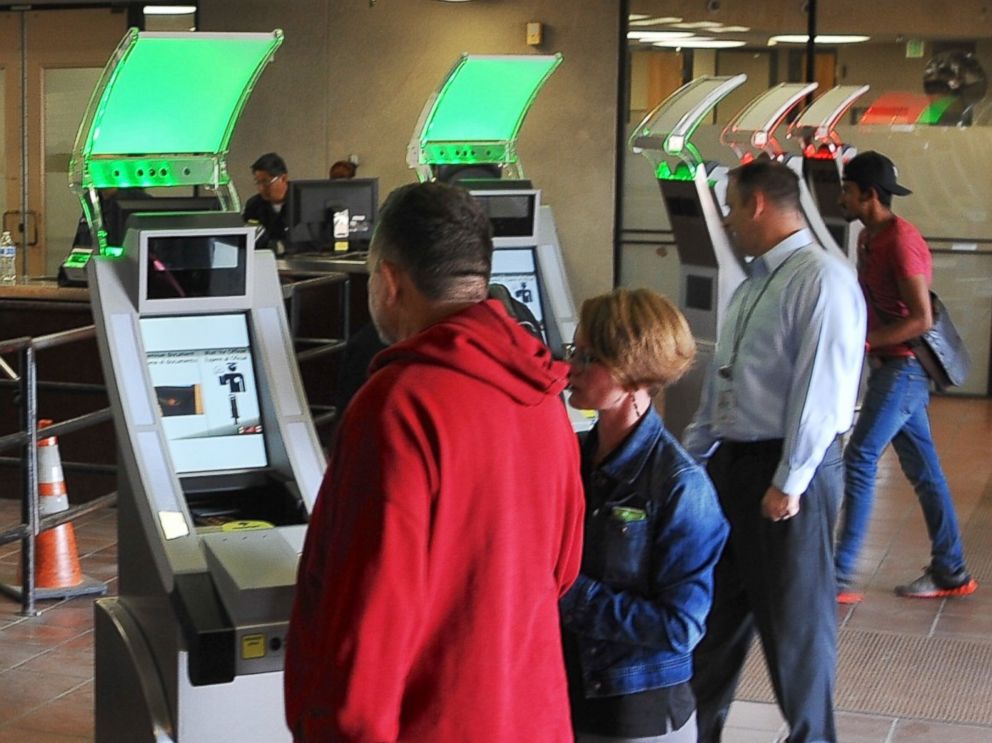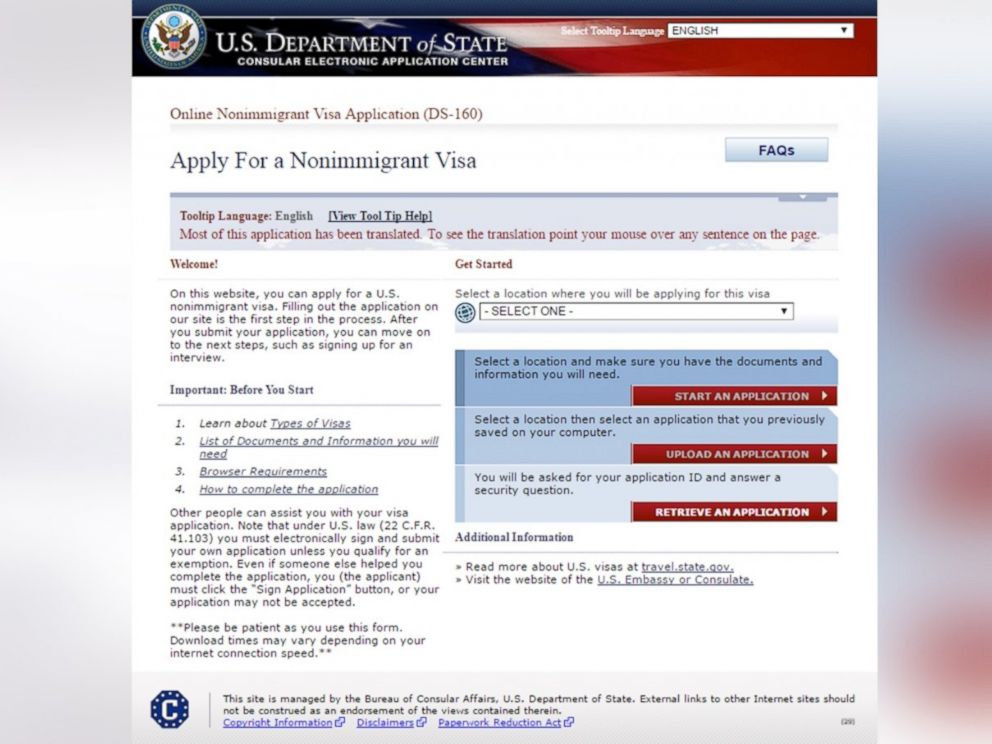I am not too sure we should be surprised, this is a global mission of Barack Obama for terrorists and state sponsors of terror like Cuba and Iran. There are no consequences and following law much less treaties is something Obama is loathe to do. He simply uses his pen to sign clemency notifications or waivers.
BaltimoreSun: President Barack Obama commuted the prison sentences of 61 drug offenders on Wednesday including more than a third serving life sentences, working to give new energy to calls for overhauling the U.S. criminal justice system.
All of the inmates are serving time for drug possession, intent to sell or related crimes. Most are nonviolent offenders, although a few were also charged with firearms violations. Obama’s commutation shortens their sentences, with most of the inmates set to be released on July 28.
Obama, in a letter to the inmates receiving commutations, said the presidential power to grand commutations and pardons “embodies the basic belief in our democracy that people deserve a second chance after having made a mistake in their lives that led to a conviction under our laws.”
In a bid to call further attention to the issue, Obama planned to meet Wednesday with people whose sentences were previously commuted under Obama or Presidents Bill Clinton and George W. Bush. The White House said the former inmates would share their experiences about the challenges of re-entering society after incarceration.
One of the inmates, Jesse Webster of Chicago, is serving a life term for intent to sell cocaine and filing false tax returns. Another, Byron McDade of Bowie, Md., got 27 years for cocaine-related charges as well. In both cases, judges in the cases later said publicly it was too harsh, though sentencing guidelines often prevent judges from being more lenient. Webster and McDade will both be released later this year.
He is not stopping either.
Politico: White House promises to speed up clemency program
White House Counsel Neil Eggleston rebutted critics who’ve questioned whether the administration is truly committed to its clemency initiative.
Obama has commuted the sentences of 248 federal prisoners, mostly low-level drug offenders affected by mandatory minimum drug sentences, including 61 on Wednesday. While that’s more than the past six presidents combined, the pace of commutations since the Justice Department announced its clemency initiative two years ago has disappointed advocates. The White House has promised to pick up the pace, but so far, acceleration has been halting. That’s about to change, Eggleston said on Friday at a POLITICO Playbook Breakfast.
“No more eating, sleeping or drinking until we get all these commutations done,” Eggleston recalled telling his staff after Obama met on Wednesday with people who’d had their sentences commuted in the past.
So far, Obama’s commutations have come in batches released every few months. December’s was the biggest set to date, at 95. At that time, too, administration officials promised more speed. On Friday, Eggleston said he believes the “infrastructure is now very much in place” to file and process clemency petitions.
“You’re going to start seeing a lot more very quickly,” Eggleston said. “I think you’re going to start seeing them on a more regular basis. I did want to get a little out of the notion that each one had to be more than the one before because that’s sort of an artificial floor.”
Despite interest from tens of thousands of prisoners, it has turned out there aren’t so many federal prisoners who meet the initiative’s strict criteria for clemency, which include serving for at least 10 years and strong standards for nonviolence.
The Clemency Project 2014, a coalition of volunteer lawyers, said it has reviewed 30,000 requests for clemency and filed nearly 600 petitions, with another 100 nearing completion. (So far, most of Obama’s commutations did not originate with the Clemency Project, but their petitions are making up an increasingly substantial percentage of the total, and Eggleston praised their efforts on Friday.)
Eggleston also directly responded to complaints lodged by former Pardon Attorney, Deborah Leff, whose January resignation letter was obtained by USA Today.
Leff complained that her office did not have enough resources to fulfill the goals of the clemency initiative and that she did not have access to the White House counsel’s office.
“The pardon attorney’s office has a little more resources, which is good, and I have regular dealings with the pardon attorney directly, so to the extent that Ms. Leff was complaining about that, that was solved. Actually, it was solved before she left,” Eggleston said. “And so I think that we’re moving forward in a pretty good way here.”
Eggleston also rejected “out of hand” an argument — floated most recently in a New York Times editorial — that there can’t be meaningful pardon reform until that agency is moved out of the Department of Justice, because federal prosecutors are trained to put people in jail, not get them out.
“They’re quite committed to this,” Eggleston said of Deputy Attorney General Sally Yates and the acting pardon attorney, Robert Zauzmer.
“I was a prosecutor in the Southern District of New York in the 1980s, prosecuted a lot of drug crimes,” Eggleston said, “and I’m quite committed to this also.”
Read more: http://www.politico.com/blogs/under-the-radar/2016/04/white-house-clemency-speeding-up-221467#ixzz44b5QJfZs
Follow us: @politico on Twitter | Politico on Facebook





